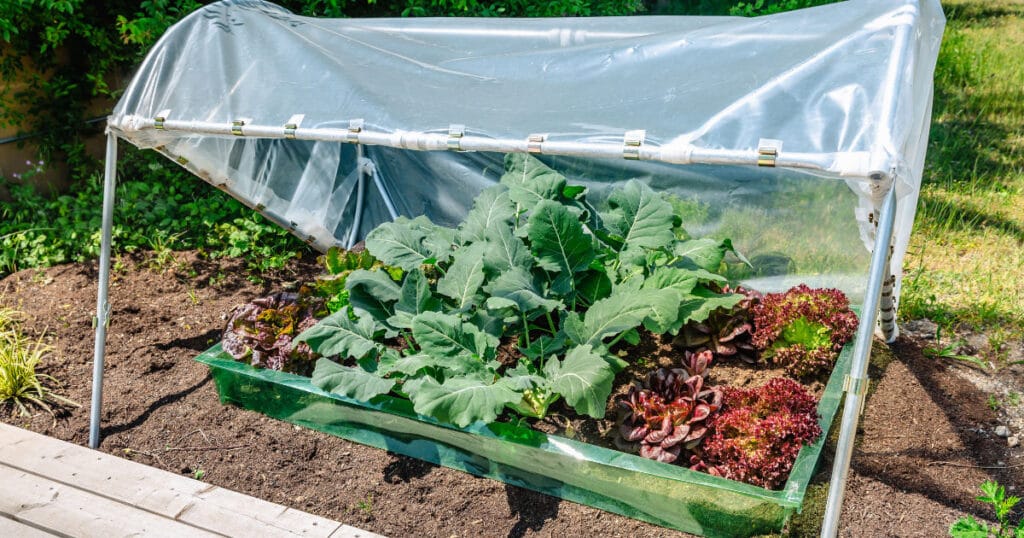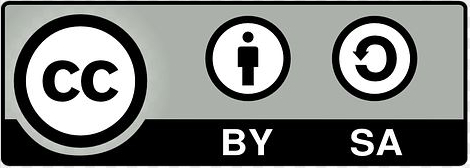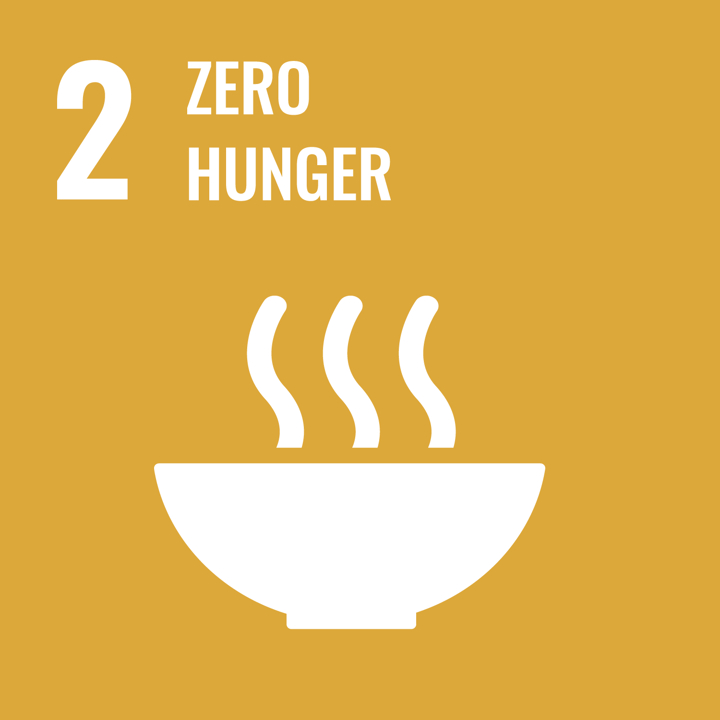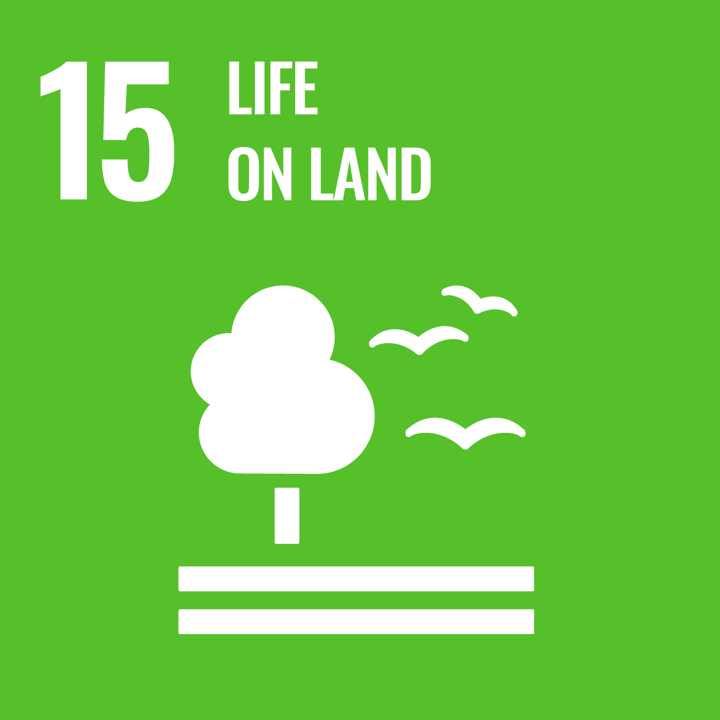
Beoogde eindgebruiker: Leraar
Leeftijdsgroep: Hoger primair onderwijs; Lager secundair onderwijs
Schoolcurriculum: Natuurwetenschappen; Maatschappijleer, Lichamelijke Opvoeding & Gezondheidsleer; Maatschappijleer & Milieukunde; Toegepaste Natuurwetenschappen
Thema's en onderwerpen: Energy Use and Production; Behaviour & Lifestyle; Collective Action; Environmental Change; Futures Thinking; Food and Agriculture; Information & Knowledge; Citizenship; Pedagogy Approaches
Duur: Approximately 10 hours and 50 minutes, divided into 7 learning units.
Type bron: Experiment, Lesplannen, Project
Trefwoorden: Composting; food production; sustainability; environmental science; agricultural practices
Talen: English, Dutch, Swedish, Portuguese, Greek, Hebrew, Polish, Romanian, Spanish
Beschrijving
“From Seed to Compost: Circulation of Matter in Nature” is an educational resource designed for students aged 9 and above. It aims to deepen their understanding of the food production process, the significance of composting, and the role of sustainable practices in agriculture. Through seven structured learning units, students investigate the origins of their food, the impact of food transportation on ecosystems, the composting process, and the essentials of setting up a successful school garden. The program emphasizes hands-on activities, critical thinking, and real-world problem-solving skills related to environmental education.
Hoe gebruik je deze bron
Educators can integrate this resource into their curriculum to address topics related to environmental science, health education, and sustainability. The lesson plans are designed to facilitate interactive classroom discussions, hands-on experiments, and community-based projects. Teachers are encouraged to adapt the materials to their local context and the specific needs of their students, promoting active engagement and practical understanding of food production and waste management issues.
De middelen
Leerresultaten (Docenten)
- Eliciteren van voorkennis en verder ontwikkelen van kennis en begrip van de belangrijkste concepten van Duurzaam Burgerschap, waarbij gevestigde wereldbeelden en waarden in twijfel worden getrokken.
- een reeks geschikte hulpmiddelen en kaders toepassen om duurzaam burgerschap bij studenten te bevorderen
- Samen de kennis, hulpmiddelen en kaders synthetiseren om onderwijsmateriaal en lesplannen te maken die zijn aangepast aan hun eigen lokale context.
- Door middel van workshopactiviteiten en praktijkgemeenschappen capaciteit en agency opbouwen als docenten en leiders op het gebied van duurzaam burgerschap.
Groene competenties
- Duurzame waarden belichamen: Duurzaamheid waarderen; Eerlijkheid ondersteunen; De natuur bevorderen
- Complexiteit omarmen in duurzaamheid: Systeemdenken; kritisch denken; probleemopstelling
- Duurzame toekomstvisies: Aanpassingsvermogen; Onderzoekend denken
- Handelen voor duurzaamheid: Collectieve actie; individueel initiatief
Creative Commons

”From Seed to Compost: Circulation of Matter in Nature” by Copernicus Science Center is licensed under a Creative Commons Attribution-ShareAlike 4.0 International License.
SDG's





